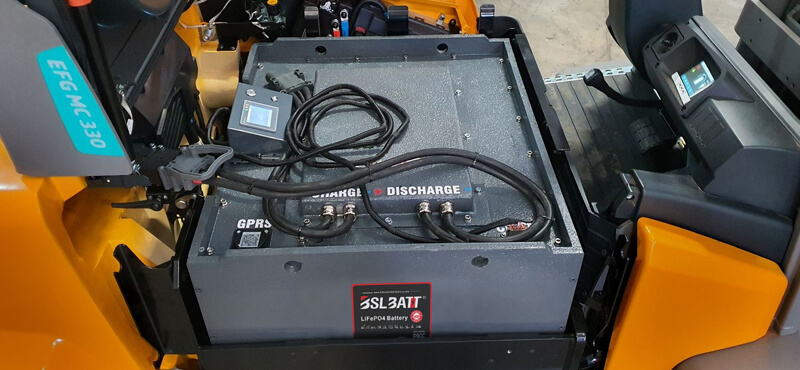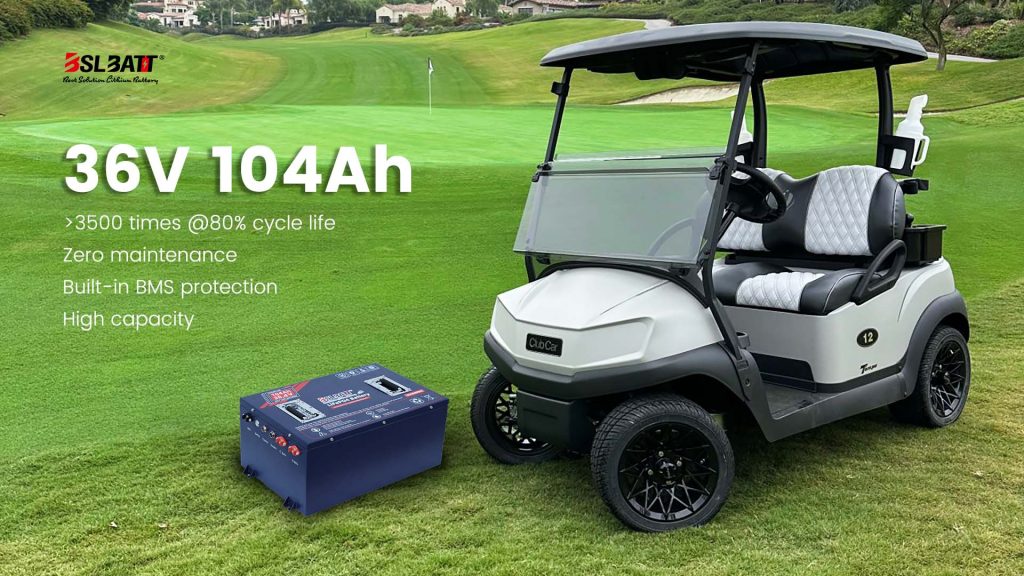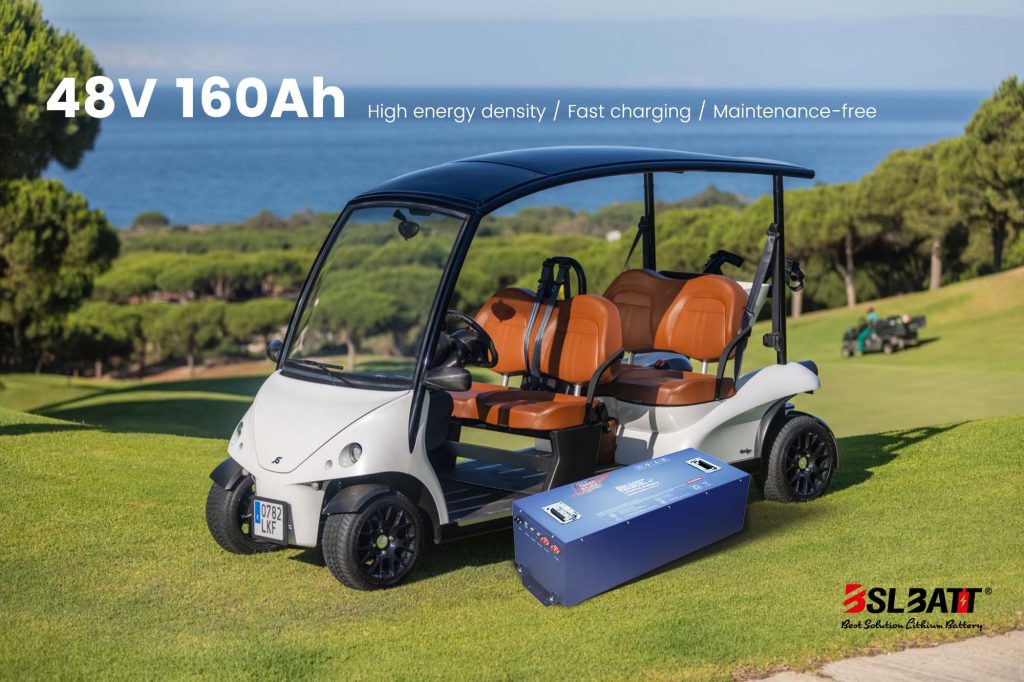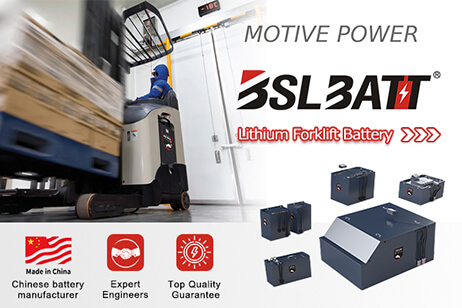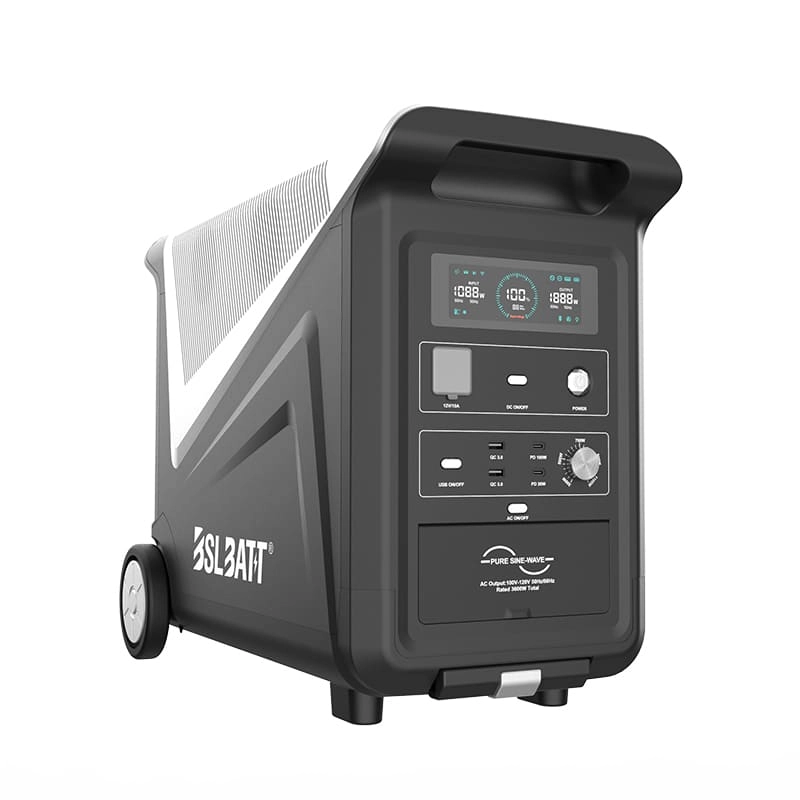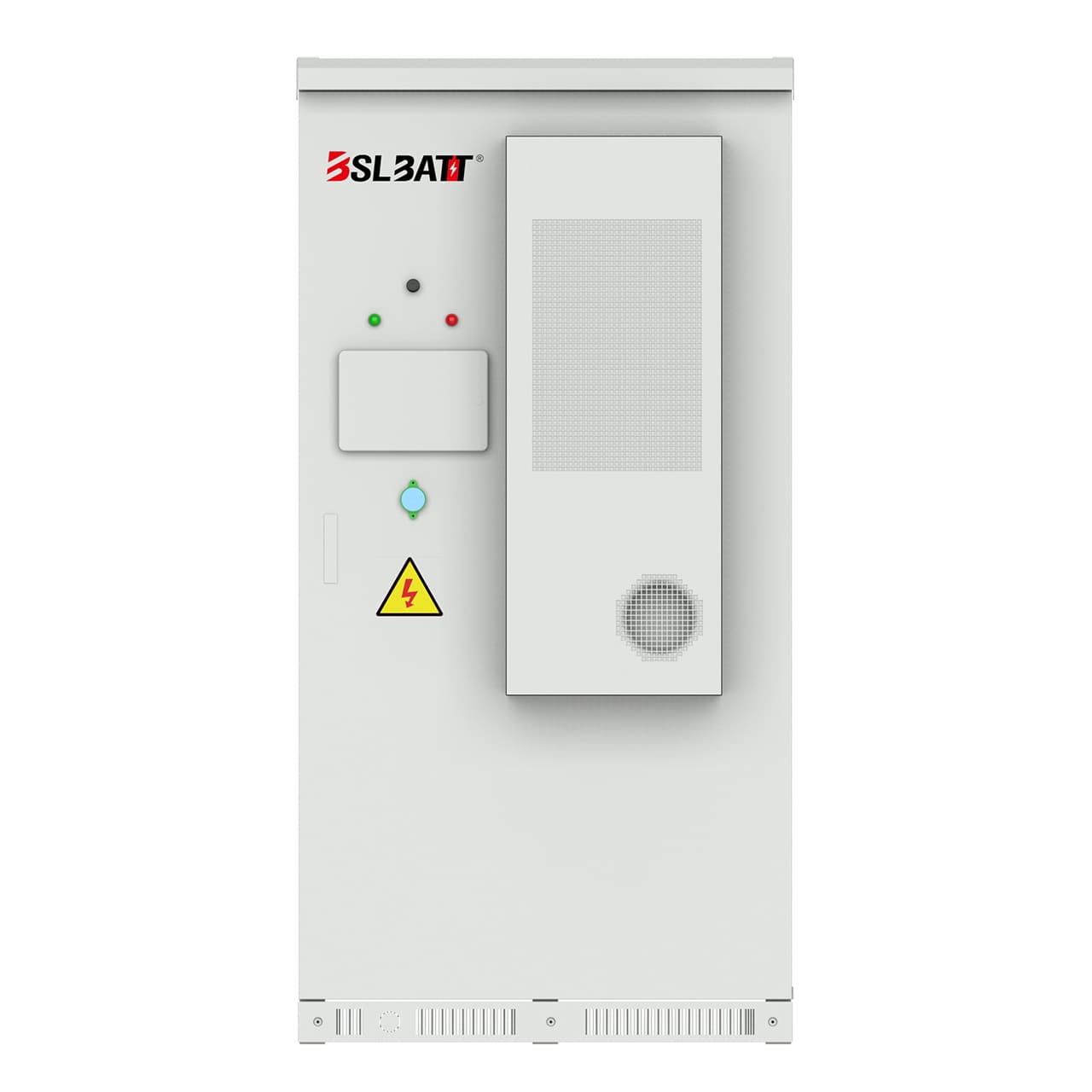Industry Application
Product Type
‘Not all batteries are made equal’ — APS battery fire highlights safety risks, lack of knowledge
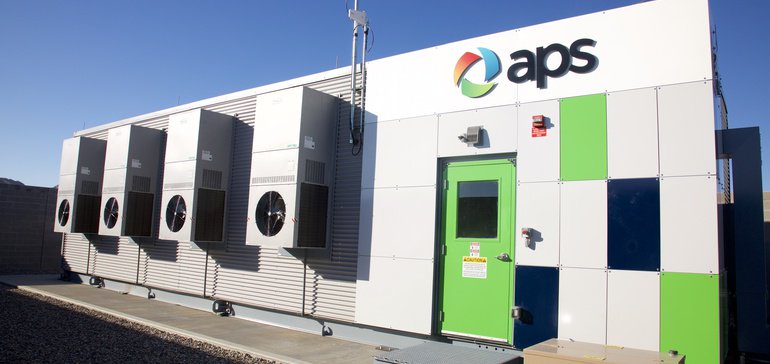
The recent explosion at an Arizona energy storage facility renewed concerns about battery safety. The incident highlighted the need to educate regulators and lawmakers, a Sonnen official said the recent explosion at an Arizona battery storage facility that injured four firefighters has put a renewed spotlight on battery safety. While the cause of the April 19 incident at Arizona Public Service’s (APS) McMicken storage facility remains under investigation, the industry is trying to find the right balance between rapid expansion and safety. “The investigation will help us learn from what happened, so we can apply those lessons to our existing and future clean-energy projects,” Suzanne Trevino, spokeswoman for APS, told Utility Dive. The Phoenix-based utility is collaborating with first responders, manufacturers, third-party engineers and safety experts during its investigation. The original battery supplier at the Arizona facility was AES Energy Storage, which is now part of Fluence. “We intend to pursue … battery storage. This hasn’t changed our determination to move forward on that.”Jeff Guldner President, APS “Safety is the top priority across the entire electric industry given the inherently hazardous nature of working with high-voltage electricity,” John Zahurancik, chief operating officer at Fluence, told Utility Dive in an email. “Safety concerns for energy storage systems are similar to those for any other complex electrical system. … Regarding the incident at the APS facility in April, … we intend to share any learnings that we can, especially material and findings helpful to the entire industry and response agencies.” Determining the cause of the explosion is a top priority for APS, given the utility’s plan to add 850 MW of battery storage by 2025. “This is important because battery technology is such an important future component to the operation of the grid,” Jeff Guldner, president of APS said during an open Arizona Corporation Commission meeting shortly after the fire. “We intend to pursue … battery storage. This hasn’t changed our determination to move forward on that. … It’s very important that we conduct this investigation and understand how we can safely operate this equipment in these facilities because this is where the industry is going.” The latest incidentThe APS fire was just the latest incident highlighting the potential dangers associated with battery technology. Tesla last month had to issue a software update to adjust the battery settings of its Model S and Model X cars after videos of cars bursting into flames in Hong Kong and Shanghai surfaced in April. “Simply put, not all batteries are made equal. This lack of understanding permeates at the regulatory and legislative levels and we are very engaged … at every level of the chain to help inform and educate the market.”Ani Backa Director of Regulatory Strategy and Utility Initiatives, Sonnen Other well-documented battery malfunctions have included those of Samsung’s Galaxy Note 7 phone; electric scooters and hoverboards; and Boeing’s 787 Dreamliner, which resulted in the grounding of the entire fleet in 2013. In South Korea, government incentives have spurred the deployment of storage systems in the country, but a lack of experience among developers led to more than 21 battery fires last year, Mitalee Gupta, an energy storage analyst at Wood Mackenzie, said during an event at the Atlantic Council in Washington, D.C., last month. “That’s a big number, especially for the energy storage industry, because it’s a fairly nascent industry and it’s still ramping up,” she said. A lack of understandingFor energy storage systems manufacturer Sonnen, the biggest challenge the industry faces in the ramp-up of behind-the-meter (BTM) battery energy storage comes down to a lack of understanding regarding the different battery technologies. “Simply put, not all batteries are made equal,” Ani Backa, director of the regulatory strategy and utility initiatives for Sonnen, told Utility Dive in an email. “This lack of understanding permeates at the regulatory and legislative levels, and we are very engaged with local organizations, regulatory and legislative staff, and at every level of the chain to help inform and educate the market. We focus our partner and customer education on how to differentiate between the various battery chemistries and the importance of safety, reliability and enhanced customer experience using lithium iron phosphate batteries.” She added that this deficit in battery chemistry knowledge is also impacting a lot of the ongoing regulatory work, particularly for residential battery storage in the country. “We see various proposals across the country that may have the unintended effect of hyping up ungrounded safety concerns, slow down the permitting and interconnection process and provide a barrier to entry to residential battery storage in various markets where customers are simply saying, ‘I want one,'” Backa said. According to Sonnen, safety has been the primary reason for the company choosing lithium iron phosphate (LiFePO4) over other lithium-ion technologies for its battery chemistry. Sonnen said its LiFePO4 batteries are less flammable than other lithium-ion batteries. They are also non-toxic and 100% recyclable. Tinkering with chemistryIn order to reduce the risks from energy storage, scientists around the world are tinkering with chemistry to develop a battery that’s both highly efficient and safe. Last month, scientists at the Department of Energy’s Argonne National Laboratory announced that they developed a new cathode coating, called PEDOT, which uses an oxidative chemical vapor deposition technique that can help solve several potential issues associated with lithium-ion batteries, including fire risk. “The coating we’ve discovered really hits five or six birds with one stone,” Khalil Amine, a distinguished fellow and battery scientist at Argonne, said. “This PEDOT coating was also found to be able to suppress oxygen release during charging, which leads to better structural stability and also improves safety.” Amine told Utility Dive that new coating will be commercially available in the next few years. Furthermore, researchers at the U.S. Army Combat Capabilities Development Command’s Army Research Laboratory and the University of Maryland have developed new cathode chemistry that increases efficiency and fire safety, while at the same time reducing weight. “Safety is our top priority for all of our facilities including energy storage sites. Our energy storage facilities undergo routine safety checks and have been operating as expected.”Wes Jones Communications Manager, San Diego Gas & Electric “It combines both high energy density of non-aqueous systems and high safety of aqueous systems,” said Chongyin Yang, an assistant research scientist in the Department of Chemical and Biomolecular Engineering at The University of Maryland, said in a statement. According to the U.S. Army, the aqueous battery chemistry could also be used in applications that involve large energies at kilowatt or megawatt levels or where battery safety and toxicity are primary concerns, including non-flammable batteries for airplanes, naval vessels or spaceships, as well as civilian applications for portable electronics, electric vehicles, and large-scale grid storage. Safety is the top concernUtilities at the forefront of energy storage deployment told Utility Dive that safety is their No. 1 concern. “Safety is our top priority for all of our facilities including energy storage sites. Our energy storage facilities undergo routine safety checks and have been operating as expected,” Wes Jones, communications manager for San Diego Gas & Electric said. The California utility said that it has taken extra steps to ensure gird operators, personnel and emergency responders are familiar with the technology and its risks. The same is true for Hawaii’s Kauai Island Utility Cooperative (KIUC), which has worked with the Kauai Fire Department on a protocol should there ever be an incident involving its batteries. “KIUC takes safety very seriously: we make sure we’re in compliance with National Fire Protection Association regulations and place a continual priority on safety training,” Beth Tokioka, communications manager at KIUC, said. Both utilities ranked in the top 5 of Smart Electric Power Alliance’s 2018 Utility Energy Storage Rankings. As the industry and state regulators move toward performance-based ratemaking — Hawaii and Nevada have already passed laws to establish corresponding regulations — an increased focus on battery safety could also benefit a company’s bottom line. “A relevant consideration in that path is rewarding manufacturer/vendor focus on safety both in the chemistry chosen for the battery, ongoing testing and inspection procedures, and in the way we decommission/recycle the batteries,” Backa said. Improved safety benefits us all because safe energy storage systems will make our grid more reliable, efficient and cost-effective, Zahurancik said. |
A Guide to Choosing the Best 48V Lithium Golf Cart Battery
Would it be worth investing in a 48V ...
10 Exciting Ways To Use Your 12V Lithium Batteries
Back in 2016 when BSLBATT first began designing what would become the first drop-in replacemen...
BSLBATT Battery Company Receives Bulk Orders from North American Customers
BSLBATT®, a China Forklift battery manufacturer specializing in the material handling indust...
Fun Find Friday: BSLBATT Battery is coming to another great LogiMAT 2022
MEET US! VETTER’S EXHIBITION YEAR 2022! LogiMAT in Stuttgart: SMART – SUSTAINABLE – SAF...
Looking for new Distributors and Dealers for BSL Lithium Batteries
BSLBATT battery is a fast-paced, high-growth (200% YoY ) hi-tech company that is leading the a...
BSLBATT to Participate at MODEX 2022 on March 28-31 in Atlanta, GA
BSLBATT is one of the largest developers, manufacturers, and integrators of lithium-ion batter...
What makes the BSLBATT the Superior Lithium Battery for your Motive Power needs?
Electric forklift and Floor Cleaning Machines owners who seek the ultimate performance will fi...








